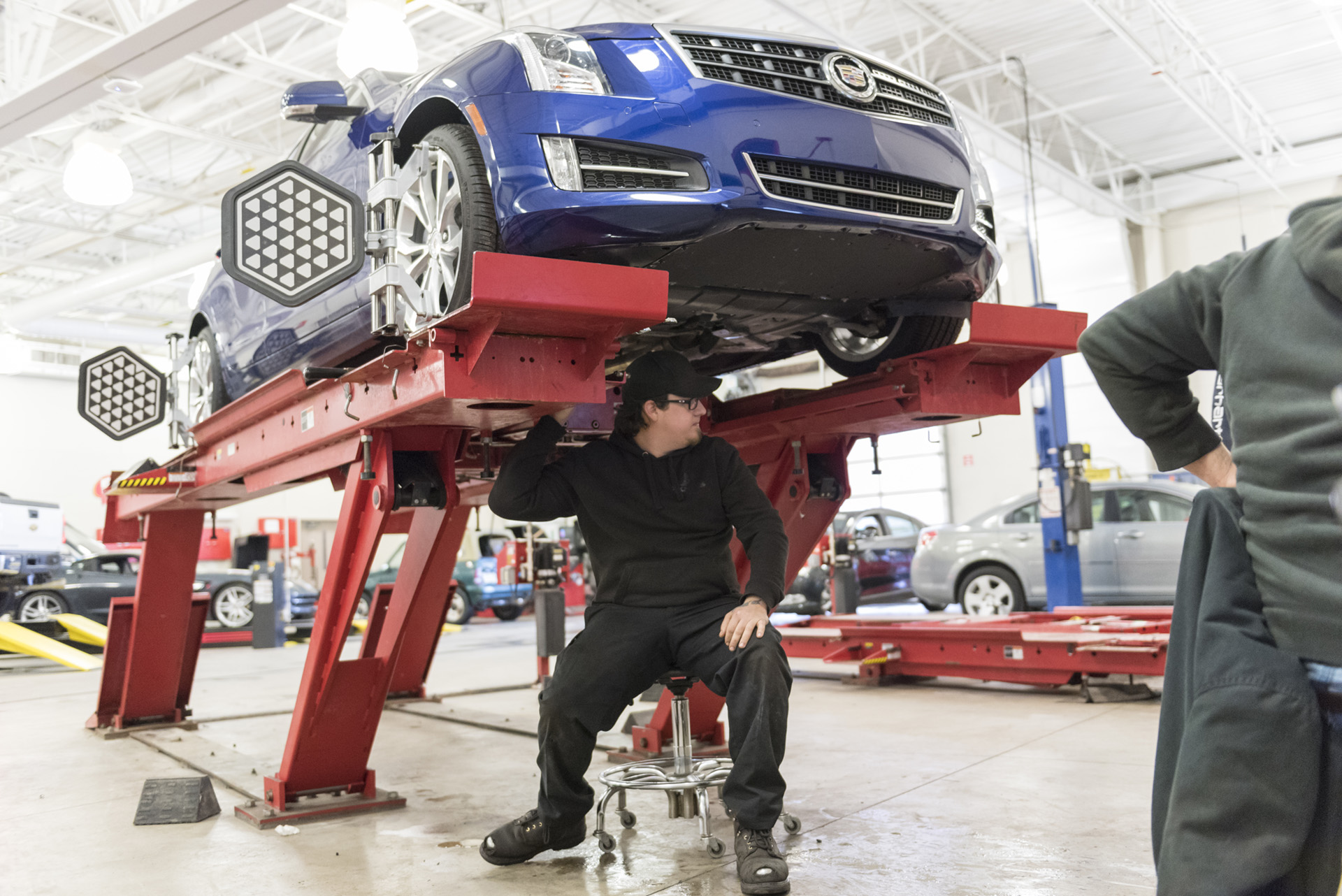Automotive programs offer a comprehensive education and training in various aspects of the automotive industry, from vehicle design and engineering to manufacturing and maintenance. These programs equip individuals with the necessary skills and knowledge to excel in this dynamic and ever-evolving field.
Understanding Automotive Programs
Automotive programs are designed to provide students with a strong foundation in automotive engineering, mechanics, electronics, and business management. These programs cover a wide range of topics, including:
- Vehicle Design and Engineering: This area focuses on the design, development, and testing of vehicles, including cars, trucks, and motorcycles.
- Automotive Mechanics: This field involves the diagnosis, repair, and maintenance of vehicles.
- Automotive Electronics: This specialization covers the electronic systems and components used in modern vehicles, such as engine control units, sensors, and infotainment systems.
- Automotive Manufacturing: This area focuses on the production processes involved in manufacturing vehicles, including assembly, quality control, and supply chain management.
- Automotive Business: This specialization covers the business aspects of the automotive industry, such as marketing, sales, and finance.
Career Paths in the Automotive Industry
Graduates of automotive programs have a wide range of career opportunities in the automotive industry. Some of the most popular career paths include:
- Automotive Engineer: Automotive engineers design, develop, and test vehicles. They work on various aspects of vehicle design, including engine performance, safety systems, and fuel efficiency.
- Automotive Mechanic: Automotive mechanics diagnose, repair, and maintain vehicles. They work in dealerships, repair shops, and independent garages.
- Automotive Technician: Automotive technicians specialize in specific areas of vehicle repair, such as engine repair, electrical systems, or bodywork.
- Automotive Manufacturing Engineer: Automotive manufacturing engineers oversee the production process, ensuring that vehicles are manufactured efficiently and to high quality standards.
- Automotive Salesperson: Automotive salespeople sell vehicles to customers and provide after-sales service.
- Automotive Service Advisor: Automotive service advisors consult with customers to diagnose vehicle problems and recommend necessary repairs.
- Automotive Parts Specialist: Automotive parts specialists source and supply automotive parts to repair shops and dealerships.
Choosing the Right Automotive Program
When choosing an automotive program, it is important to consider factors such as program curriculum, faculty expertise, industry partnerships, and accreditation. A well-rounded automotive program should provide a strong foundation in core engineering principles, hands-on practical experience, and industry-relevant skills.
Additionally, it is important to consider the specific career path you want to pursue. If you are interested in vehicle design and engineering, a program with a strong emphasis on computer-aided design (CAD) and simulation tools would be beneficial. If you are interested in automotive mechanics, a program with a focus on hands-on training and diagnostic skills would be ideal.
The Future of Automotive Programs
The automotive industry is undergoing rapid technological advancements, including the rise of electric vehicles, autonomous driving, and connected cars. To keep pace with these developments, automotive programs are continuously evolving to equip students with the skills and knowledge needed to succeed in the future.
Future automotive programs may focus on emerging technologies such as artificial intelligence, machine learning, and cybersecurity. These programs will prepare students for careers in areas like autonomous vehicle development, electric vehicle engineering, and cybersecurity for connected cars.
By pursuing an automotive program, individuals can gain the skills and knowledge needed to contribute to the future of the automotive industry. Whether you are interested in designing the cars of tomorrow, repairing and maintaining vehicles, or managing automotive businesses, an automotive program can provide you with the foundation for a successful career.

